|
|
|
|
|
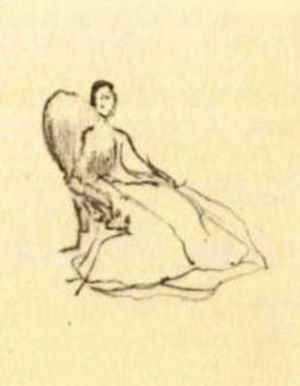 Taras Shevchenko's poem Taras Shevchenko's poem
Tsykl poeziy «V kazemati»
««Ne kydaj materi»,– kazaly...» /
««Ne kydaj materi»,– kazaly, a ty pokynula, vtekla...»
(««Не кидай матері»,– казали...» /
«Не кидай матері»,– казали, а ти покинула, втекла...)
In a prison cell, 1847.
Translated by Irina Zheleznova.
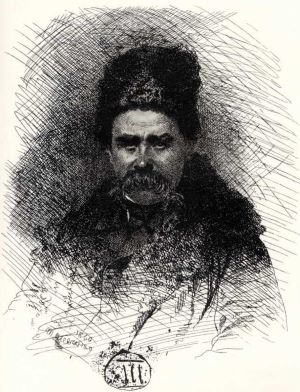 Taras Shevchenko's poem Taras Shevchenko's poem
«I mertvy`m, i zhy`vy`m, i nenarozhdenny`m zemlyakam moyim…» /
"I smerkaye, i svitaye, den` bozhyj mynaye"
(«І мертвим, і живим, і ненарожденним землякам моїм…» /
"І смеркає, і світає, день божий минає")
Vyunishcha, December 14, 1845.
Translated by Irina Zheleznova.
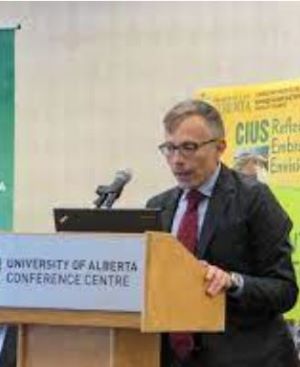 "“The Caucasus” is remarkably complex in its shifting rhythms and emotional registers. Moving from intimate, lyrical rumination, to grievances against divine and political authority, it employs biting political sarcasm and elevated prophetic ardor. The opening passage evokes the image of the mythical rebel Prometheus, eternally suffering at the claws of a ruler-sent eagle, yet indestructible in his vitality—a symbol of the undying pursuit of goodness, liberty, and humanity. In the sections that follow, the poet turns to the horrors of war and oppression and challenges both God and the world order. Mimicking the “superior” voice of the colonizer, Shevchenko exposes the brutality, avarice, and hypocrisy of Russian imperialism..." (Taras Koznarsky) "“The Caucasus” is remarkably complex in its shifting rhythms and emotional registers. Moving from intimate, lyrical rumination, to grievances against divine and political authority, it employs biting political sarcasm and elevated prophetic ardor. The opening passage evokes the image of the mythical rebel Prometheus, eternally suffering at the claws of a ruler-sent eagle, yet indestructible in his vitality—a symbol of the undying pursuit of goodness, liberty, and humanity. In the sections that follow, the poet turns to the horrors of war and oppression and challenges both God and the world order. Mimicking the “superior” voice of the colonizer, Shevchenko exposes the brutality, avarice, and hypocrisy of Russian imperialism..." (Taras Koznarsky)
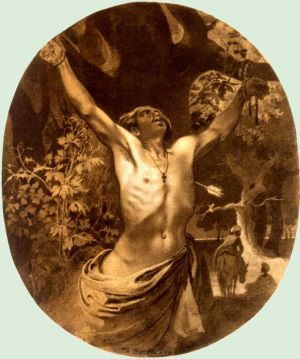 Taras Shevchenko, "The Caucasus" Taras Shevchenko, "The Caucasus"
"Kavkaz" / "Za goramy` gory`, hmaroyu povy`ti...
("Кавказ" / "За горами гори, хмарою повиті...")
Pereyaslav, November 18, 1845.
Translated by Alyssa Dinega Gillespie.
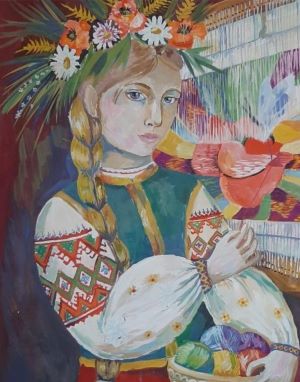 Taras Shevchenko's poem Taras Shevchenko's poem
"Divychii nochi" / "Rozplelasia husta kosa azh do poiasa"
("Дівичії ночі" / "Розплелася густа коса аж до пояса")
St. Petersburg, May 18, 1844.
Translated by Iryna Zheleznova.
 Taras Shevchenko' poem Taras Shevchenko' poem
"Prychynna" / "Reve ta stohne Dnipr shyrokyi"
("Причинна" / "Реве та стогне Дніпр широкий")
1837, S-Petersburg, (C.-Петербург)
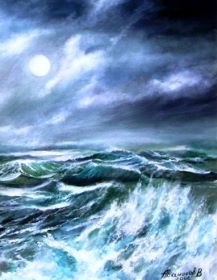 Taras Shevchenko's poem Taras Shevchenko's poem
"Prychynna" / "Reve ta stohne Dnipr shyrokyi"
("Причинна" / "Реве та стогне Дніпр широкий")
1837, S.- Petersburg, (C. - Петербург)
Translated by Irina Zheleznova.
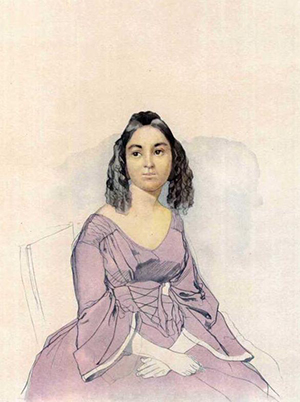 Taras Shevchenko, the poem "The Princess" Taras Shevchenko, the poem "The Princess"
"Kniazhna" ("Княжна"), поема
("Zore moia vechirniaia,
Ziidy nad horoiu..."
"Зоре моя вечірняя,
Зійди над горою...")
Orsk Fortress, 1847
Nizhny Novgorod,1858.
Translated by Olga Shartse.
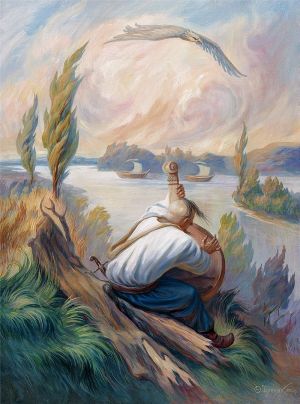 Taras Shevchenko, "Calamity Once More" Taras Shevchenko, "Calamity Once More"
"Mii Bozhe mylyi, znovu lykho!"
("Мій Боже милий, знову лихо!")
1859, S.- Petersburg (Санкт-Петербург)
(Translated by Gabriel Rosenstock)
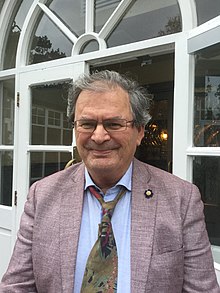 Gabriel Rosenstock — poet, tankaist, haikuist, novelist, essayist, playwright, author/translator of over 180 books, mostly in Irish (Gaelic). Rosenstock is one of the foremost poets in Ireland in both English and Irish. He also writes haikus and he works as translator and as assistant editor for an Irish-language publishing house. He writes primarily in Irish and is the author or translator into Irish of over one hundred books. He is member of several literary societies and organisations, such as the Innti group and Aosdána. Gabriel Rosenstock — poet, tankaist, haikuist, novelist, essayist, playwright, author/translator of over 180 books, mostly in Irish (Gaelic). Rosenstock is one of the foremost poets in Ireland in both English and Irish. He also writes haikus and he works as translator and as assistant editor for an Irish-language publishing house. He writes primarily in Irish and is the author or translator into Irish of over one hundred books. He is member of several literary societies and organisations, such as the Innti group and Aosdána.
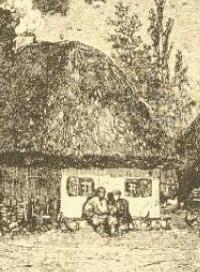 Taras Shevchenko, poem "Naimechka or The Servant" Taras Shevchenko, poem "Naimechka or The Servant"
"Naymychka" (Наймичка"), поема
("U nedilyu vrantsi-rano pole vkrylosya tumanom..." /
"У неділю вранці-рано поле вкрилося туманом...")
Pereyaslav, November 13, 1845.
Translated by Alexander Jardine Hunter
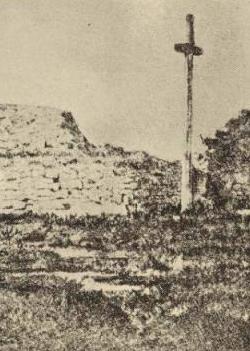 Taras Shevchenko, poem "My Testament" Taras Shevchenko, poem "My Testament"
"Zapovit" / “Iak umru, to pokhovaite”
"Заповіт" / "Як умру, то поховайте")
1845, Pereiaslav (Переяслав)
Translated by Alexander Jardine Hunter
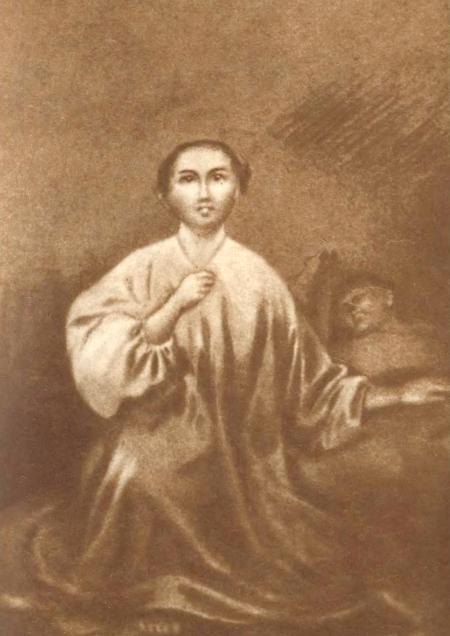 Taras Shevchenko, the poem "The Housemaid" Taras Shevchenko, the poem "The Housemaid"
"Naymychka" (Наймичка"), поема
("U nedilyu vrantsi-rano pole vkrylosya tumanom..." /
"У неділю вранці-рано поле вкрилося туманом...")
Pereyaslav, November 13, 1845.
Translated by Olga Shartse
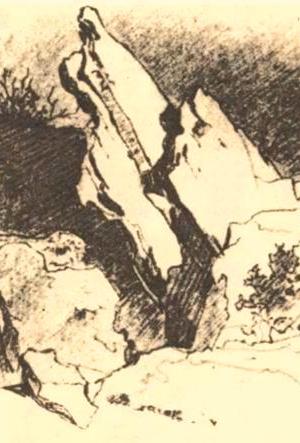 Taras Shevchenko, "The Caucasus" Taras Shevchenko, "The Caucasus"
"Kavkaz" / "Za goramy` gory`, hmaroyu povy`ti...
("Кавказ" / "За горами гори, хмарою повиті...")
Pereyaslav, November 18, 1845
Translated by John Weir
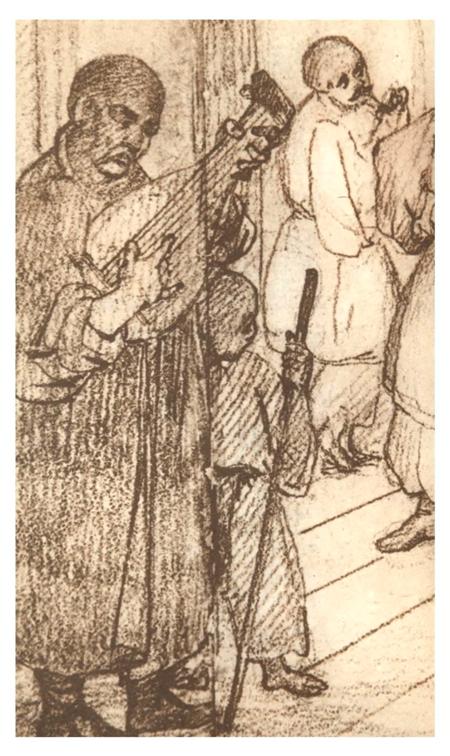
Poem of Taras Shevchenko
"Thoughts of mine, О thoughts of mine"
"Dumy moji, dumy moji, lykho meni z vamy!"
("Думи мої, думи мої, лихо мені з вами")
[1839, S.-Petersburg (Санкт-Петербург)]
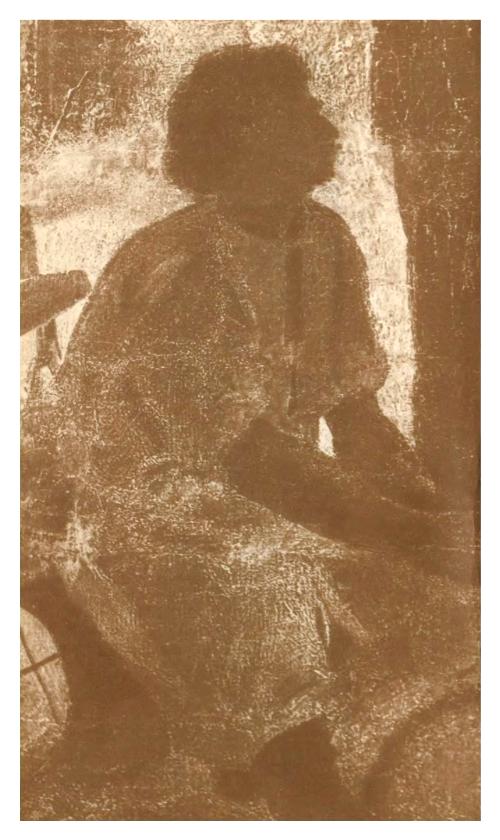 Taras Shevchenko's poem Taras Shevchenko's poem
"The Heretic" / "Bad neighbours came and sat afire"
("Єретик" / "Запалили у сусіда нову добру хату")
Village Maryinske, October 10, 1845
Translated by John Weir
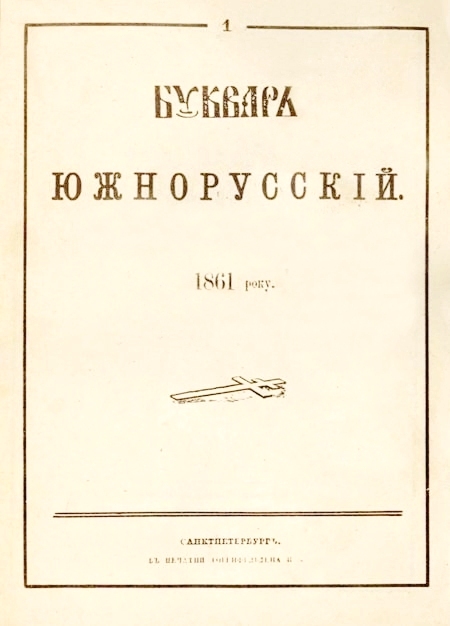 "Bukvar pivdennorusky" is the last Shevchenko's book but it borrows a special place among of his wheen lifetime publications. This book composed of the best samples of folklore and partly of his own works for teaching children how to read and write Ukrainian language in Sunday schools. "Bukvar" was released a relatively large circulation (10 thousand copies) of the author means. Moreover, the money from the sale of this book put in to the needs of country and Sunday schools. This fact confirms that Shevchenko paid great attention to the education problems. However, this book was the cheapest among similar publications and was available to the general public. Shevchenko was selling it for the price of 3 coints. "Bukvar pivdennorusky" is the last Shevchenko's book but it borrows a special place among of his wheen lifetime publications. This book composed of the best samples of folklore and partly of his own works for teaching children how to read and write Ukrainian language in Sunday schools. "Bukvar" was released a relatively large circulation (10 thousand copies) of the author means. Moreover, the money from the sale of this book put in to the needs of country and Sunday schools. This fact confirms that Shevchenko paid great attention to the education problems. However, this book was the cheapest among similar publications and was available to the general public. Shevchenko was selling it for the price of 3 coints.
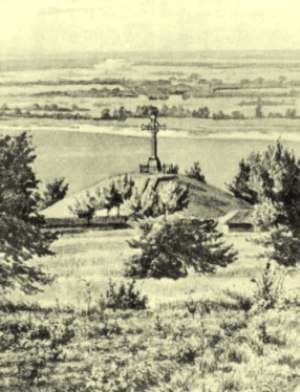 Taras Shevchenko's poem Taras Shevchenko's poem
"My Testament"
"Zapovit" / "Iak umru to pokhovaite"
("Заповіт" / "Як умру, то поховайте"),
1845, Pereiaslav (Переяслав)
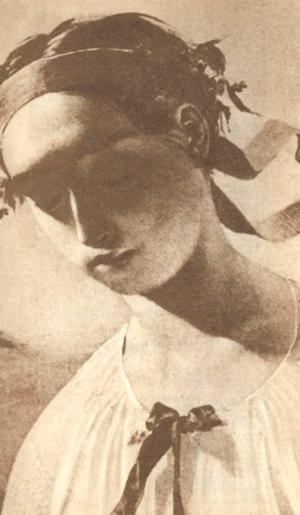
Taras Shevchenko
"Kateryna" / "Kokhaytesya, chornobryvi, ta ne z moskalyamyК"
("Катерина" / "Кохайтеся, чорнобриві, та не з москалями")
1838, S.- Petersburg (С.- Петербург)
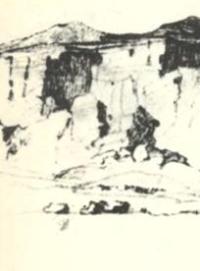 Taras Shevchenko Taras Shevchenko
"Hamaliya" / "Oh, the winds are mute, the tides do not carry"
("Гамалія" / "Ой нема, нема ні вітру, ні хвилі")
1842.
|
|
|
|
|
|